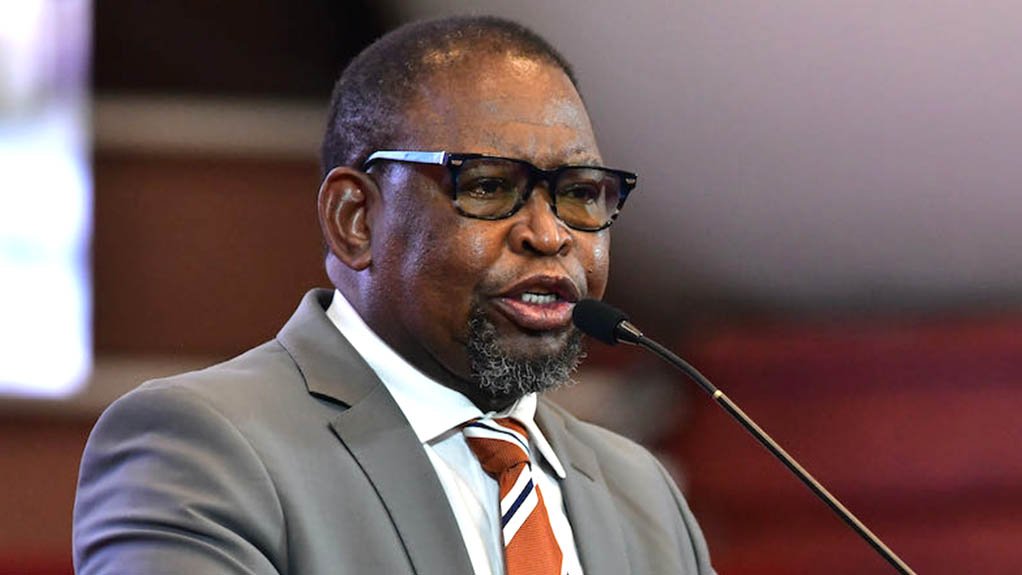Finance Minister Enoch Godongwana has dismissed suggestions that new preferential procurement regulations, published on November 4, have scrapped black economic empowerment (BEE) and local content as evaluation criteria in public procurement.
Instead, he says the new regulations, which come into effect from January 16, have been published to ensure that organs of State, including government departments and State-owned enterprises, determine their own preferential procurement policies, as is required by law and confirmed in a February 2022 Constitutional Court judgment.
The court found that the Finance Minister had exceeded his powers by prescribing procurement rules to organs of State, which meant that the prevailing 2017 regulations under the Preferential Procurement Policy Framework Act (PPPFA) were in contravention with Section 217 of the Constitution.
Godongwana stressed that the new regulations did not represent a change in policy with regards to either BEE or local-content objectives and that government remained committed to both transformation and industrialisation.
He stressed, too, that organs of State were still obliged to comply with the BBBEE Act when developing their procurement policies.
The new 2022 regulations, he added, should also be viewed as a “stopgap” measure given that the National Treasury would be introducing the draft Public Procurement Bill to Parliament by March 2023 to overhaul the procurement legislation.
The new legislation, which could be introduced by September next year, but probably later, would result in a repealing of the PPPFA and would integrate recommendations arising from the Zondo Commission into State capture and corruption.
“While we are finalising the Public Procurement Bill, which will empower the Minister of Finance to set preferential procurement, the 2022 regulations repeal the 2017 regulations and take effect on 16 January 2023.
“In essence the 2022 regulations are a placeholder while we finalise the Bill,” the Minister explained.
Under the 2022 regulations, tenders issued by organs of State must still stipulate the applicable preference point system as envisaged in the regulations, as well as specific transformation and development goals for which points may be awarded.
Hitherto, the point system has awarded tenders using price and nonprice criteria where pricing accounts for between 80% and 90% of the adjudication and transformation and development components between 10% and 20%.
Godongwana stressed in a briefing that organs of State remained empowered to include BEE and developmental goals in tenders, as contemplated in Section 2(1)(d) of the Act, which may include contracting with persons, or categories of persons, historically disadvantaged by unfair discrimination on the basis of race, gender and disability.
In addition, tenders could include developmental goals contemplated in the Reconstruction and Development Programme as outlined in Government Gazette No. 16085, which was published on November 23, 1994. Such developmental goals could include local-content stipulations.
The key change from January 16 until the new legislative framework, and its associated regulations, is implemented is that organs of State will determine their own preferential procurement policies.
However, these will still have to be aligned with Section 2 of the PPPFA and the thresholds and formulas prescribed in the 2022 regulations.
“There have been suggestions that we are throwing away BEE and local content, and I want to clarify that there’s no substance to that allegation,” Godongwana said during a briefing.
“Within the limitations of the PPPFA, these new regulations still accommodate for those transformation and developmental objectives.”
Engineering News



